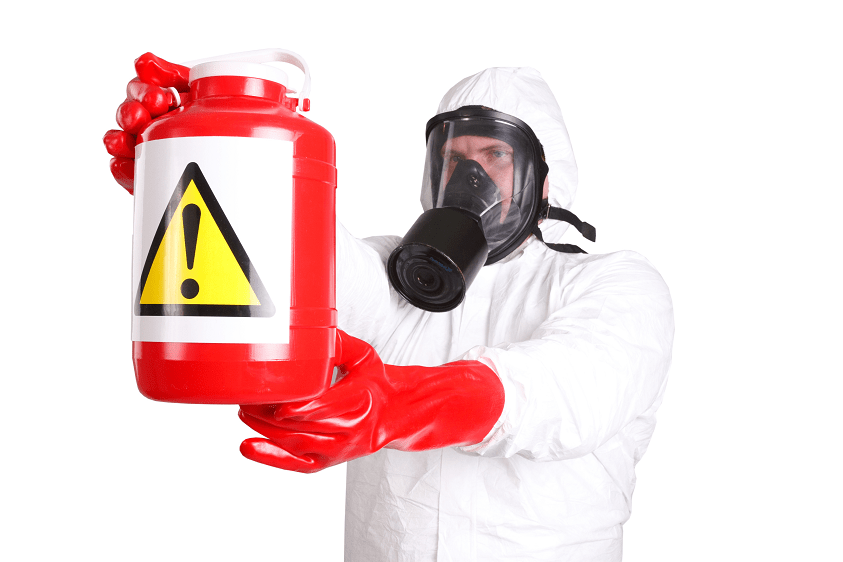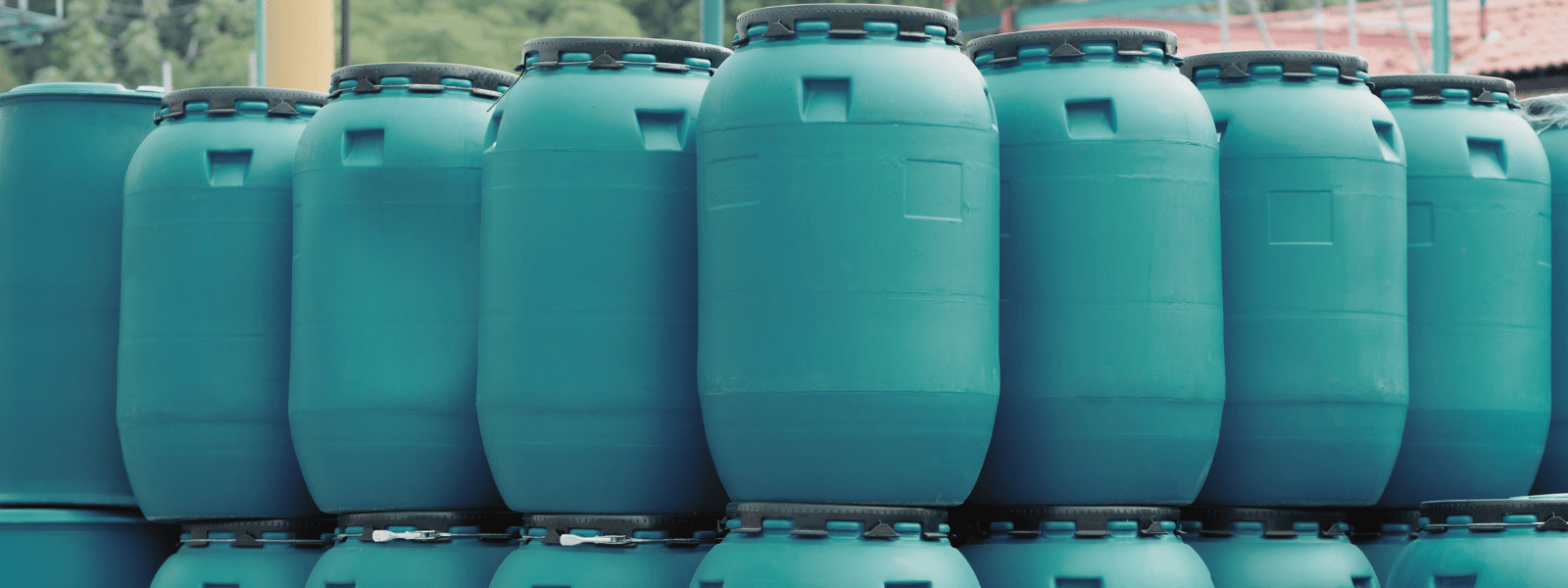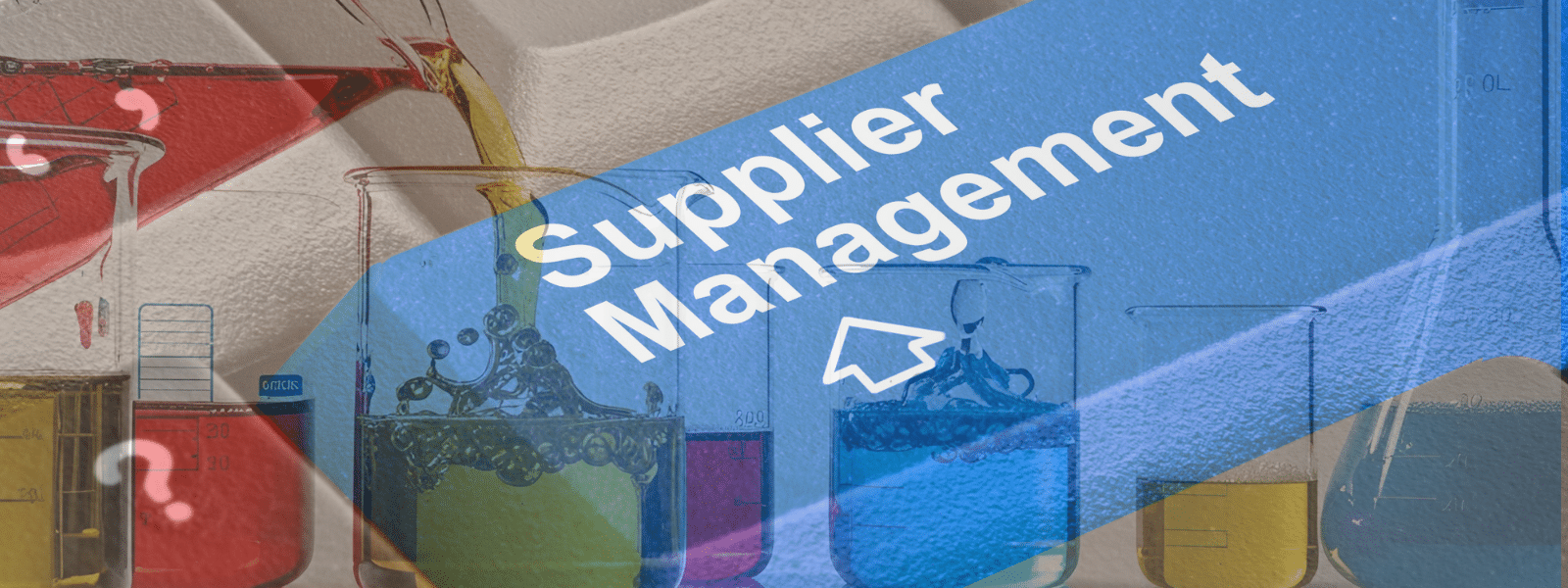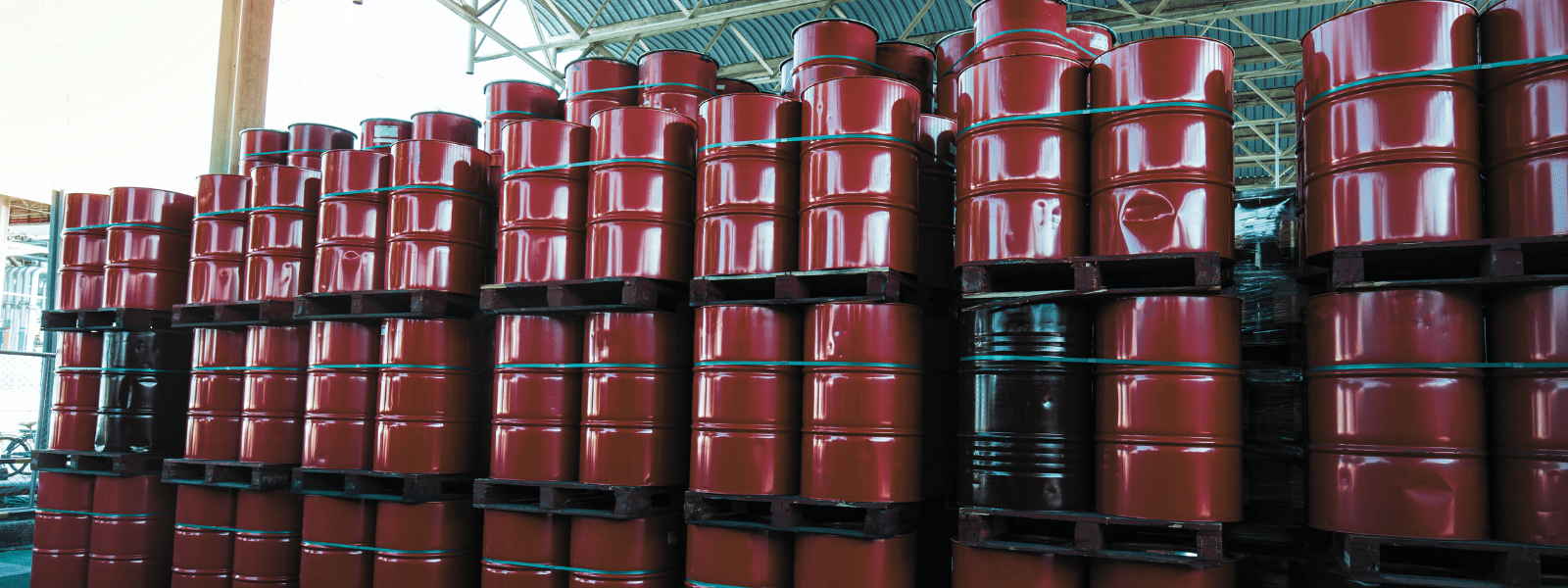1 bromopropane (a.k.a. n-propyl bromide and nPB) is a chemical compound that is used as a solvent for broad array of applications, including: asphalt production, dry cleaning, aviation equipment maintenance, synthetic fiber manufacturing, manufacturing products that have foam cushions, electronic circuit board soldering, and degreasing plastics, optics, and certain types of metal.
1 bromopropane is highly effective for these endeavors, but studies of its chemical profile and documented reports of injuries it causes to animals and humans have moved state and federal regulatory agencies to consider it a hazardous solvent. Consequently, many companies and organizations are in the process of 1 bromopropane substitution, replacing the solvent with one that delivers the same efficacy but without the toxic effects.
Questions About 1 Bromopropane Substitution
If your company or organization is considering 1 bromopropane substitution, you may have some questions about why and how to replace the solvent. If so, take time to read through the questions below. If you have additional questions, please contact Ecolink at (800) 563-1305.
If nPB is safer than solvents it replaced, why shouldn’t it be used?
Although nPB is widely considered safer than chlorinated solvents it replaced, well-documented scientific studies and reports have shown that nPB has a dubious safety profile, too. Many highly effective solvents that are the “lesser of two evils” have been gradually phased out under the same circumstances; nPB is simply one of the most recent ones.
What health conditions could result from chronic exposure to nPB?
In its latest Report on Carcinogens (RoC), the National Toxicology Program (NTP) classifies nPB as “reasonably anticipated to be a human carcinogen.” In addition to potentially causing cancer, chronic nPB exposure is known to cause neurological conditions and damage to the central nervous system (CNS) that remain after exposure ends.
If nPB is so dangerous, why isn’t it severely regulated or banned?
Chemicals often undergo a three-part process before they are phased out in industrial settings. First, they are “listed” as “reportable” because they are dangerous. Second, they are “regulated”. Third, they are “banned”. nPB may be severely regulated or banned in the future. Right now, it is listed as a reportable chemical by the Environmental Protection Agency (EPA), which means that its use must be reported if it rises above a predetermined threshold.
What are my options for acquiring a drop-in replacement for nPB?
Because nPB has a wide range of use, the best way to acquire a drop-in replacement is to consult with a provider of eco friendly, industrial grade cleaning solvents, such as Ecolink. Once we understand how you use nPB and how much you use, we can suggest a replacement option that is perfect for your needs: a stock product or a custom product that can be “dropped in” to replace nPB without disrupting your cleaning operations and causing halts in productivity.
To get started on selecting a safe, effective nPB replacement for your solvent operations, give us a call today at (800) 563-1305, or fill out the contact form on our website. We look forward to assisting you with the process of 1 bromopropane substitution.















